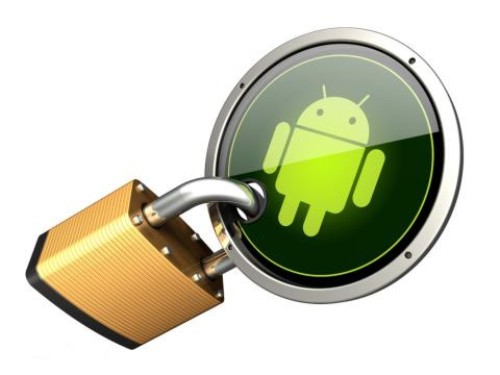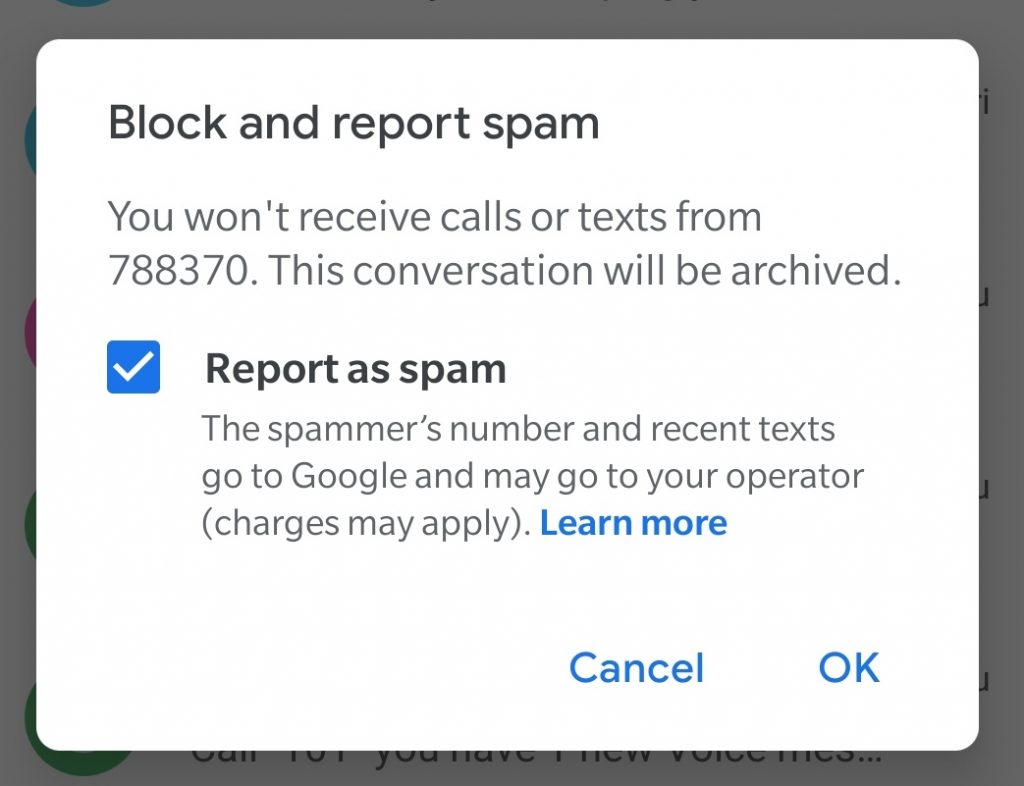Like everyone, I’ve had emails telling me that I have been awarded $4,000,000.00 from a Saudia Arabian Prince. Other random winnings that weren’t expected, the old theory of being too good to be true stands. Another personal favourite is getting a message telling me my bank account has been locked out when the link is clearly dodgy not to mention for a bank I don’t even use.
If you read the messages you get, it’s very easy to dismiss the vast majority as phishing. But I had an SMS this morning that very nearly caught me out because it fits with something I was expecting.
It won’t surprise anyone that through not just Ausdroid with review devices, but other personal avenues I receive a number of regular packages on a near-weekly basis. So the SMS below made me pause for a moment and very nearly caught me out.
But right now, the only parcel I’m expecting is via courier to a registered pick-up location. So although I did pause briefly and were it later this week when I am expecting another parcel it may have caught me out.
A typical outcome of clicking these links is to be taken to a page that looks passably legitimate. You’ll then be asked to enter some details about yourself, parcels you’re expecting and potentially even banking details.
Don’t fall for it, this is a scam!
- Banks will not contact you via SMS and request your details.
- Couriers will – generally speaking – contact the sender to confirm details rather than the recipient.
- If you don’t recall entering some sort of lottery, you haven’t won millions of dollars.
- Read the actual links you’re visiting — www.nab.bank.com is not the National Australia Bank
I’m not a cybersecurity expert, I am however reasonably switched on technically. It only takes a moment of inattention for you to click a bad link and compromise the security of your device and / or your personal data.
What to do about it?
There are a few potential pathways for users starting with vigilance. You need to be aware of the links you receive and ensure they’re safe to follow. To protect yourself it’s also a wise move to invest in good quality Internet security software. If you’re unfortunate enough to receive one of these messages, block the sender to prevent more from coming through.
While you may be embarrassed by it if you do follow a link and provide details to these scams, you need to contact your financial institutions immediately and change your passwords. Not just the password that you’ve compromised, but the password for any site that shares a username or password with the one that’s just been compromised to prevent the need to deal with further issues down the track.
Have you or anyone you knew fell foul of one of these scams? Are there any that were close to fooling you? Let us know below and share the knowledge.







